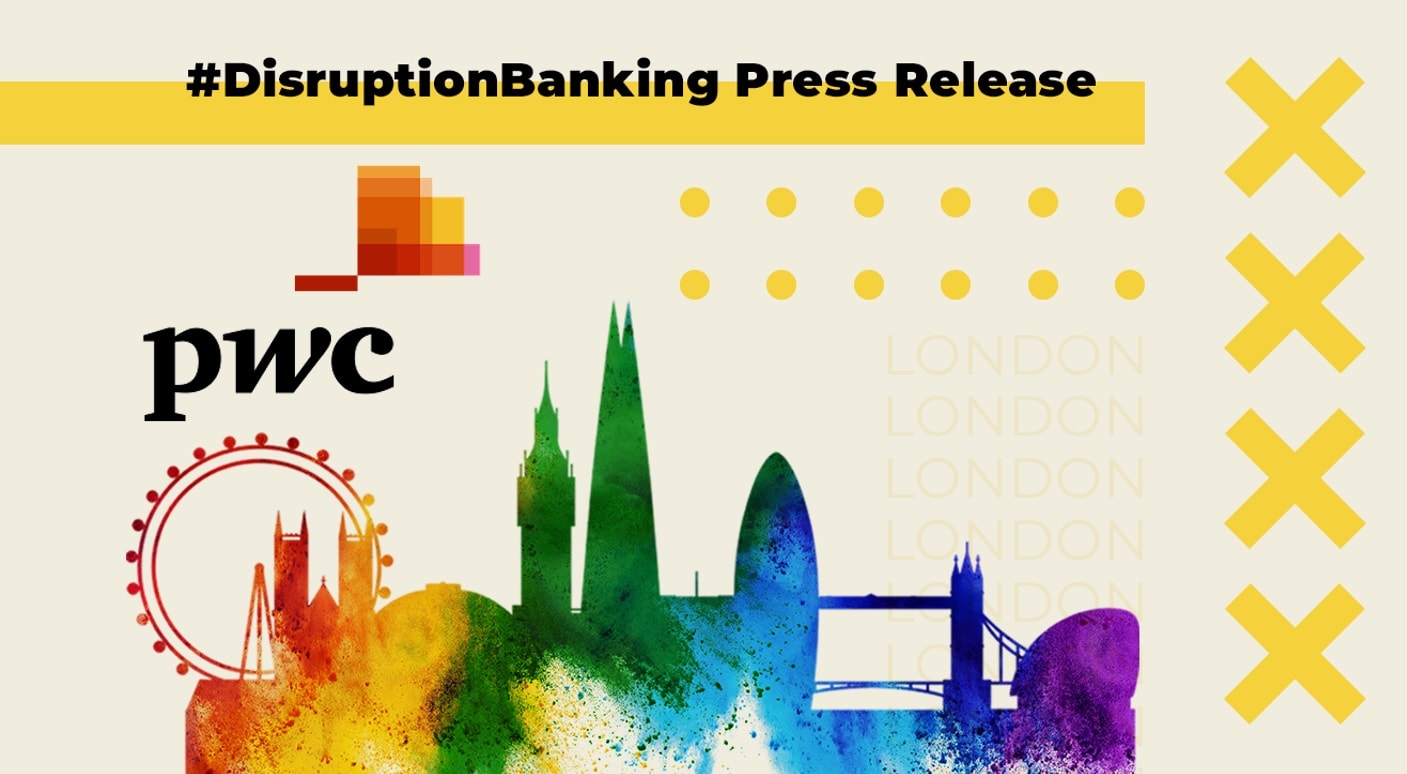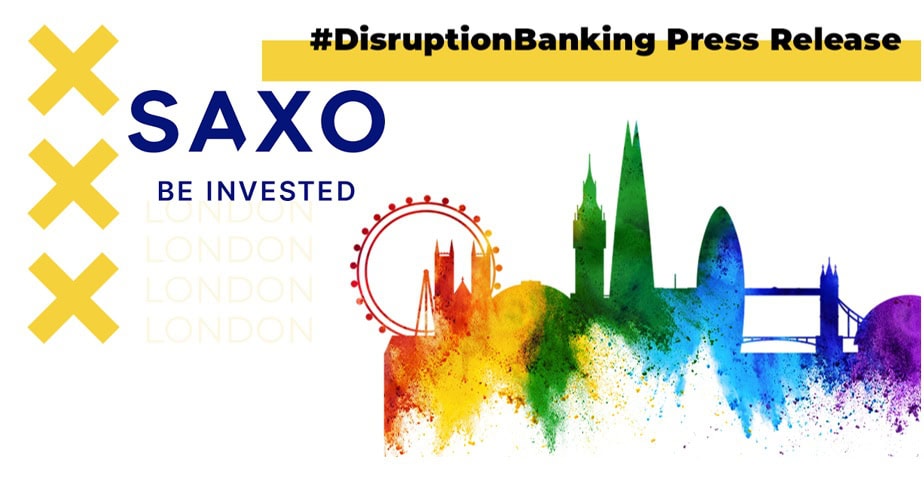- The UK ranks top in Europe for total climate tech Venture Capital funding between 2013 and the first half of 2021 and saw investment levels in excess of £6.5bn
- The flow of funding has been uneven with a ‘Carbon Funding Gap’ emerging
- VC investment is focused on well proven technologies, prioritising near term profitable outcomes rather than longer term, higher carbon impact solutions
The UK has established itself as a leading global hub for climate tech innovation and ranks third globally for total Venture Capital (VC) funding in Climate tech from 2013 to the first half of 2021, behind the USA and China.
The UK also recently saw record VC investment levels, in excess of £2bn, in the second half of 2020 to the first half of 2021 and has more climate tech start-ups that have received funding than any other country in Europe from 2013 to June 2021, in excess of £6.5bn, according to PwC UK’s Net Zero Future50 report.
Leo Johnson, Head of Disruption & Innovation at PwC, said: “As climate challenges grow ever more urgent, climate tech innovations are helping to bend the emissions curve and accelerate decarbonisation. The UK has been pivotal in climate tech’s growth over recent years and with COP26 highlighting the need for climate technology as part of the Glasgow Breakthrough Agenda, the space is emerging rapidly. Technology is not the panacea, but climate tech is a critical mechanism to get us on track to meet the 1.5 degree goal, and the UK is at the forefront.”
PwC’s inaugural Net Zero Future50 report analyses the UK’s rapidly growing climate tech sector and identifies 50 innovative start-ups with the potential to make a significant difference in the battle against climate change.
With investment predominantly focused on well-proven technologies and near term profitable outcomes, a ‘Carbon Funding Gap’ is identified and presents an opportunity to focus greater pools of capital on certain innovations across high-carbon sectors like Built Environment to Food, Agriculture and Land Use (FALU). To support the acceleration of this, further progress is needed to channel and align national and global policies, especially with agreeing the rules and guidelines for a global carbon credit market.
The report also finds that:
- Critical funding gaps are present within the built environment, industry, manufacturing & resource management and GHG capture, removal and storage.
- Despite mobility and transport receiving disproportionately more funding than every other sector in relation to its emissions abatement potential, it is still far from fully decarbonised.
- There remain funding gaps within sectors – for example, funding into low-GHG aviation and shipping is significantly less than electric vehicles (EVs).
- The same can be seen in Food, Agriculture and Land Use, where large-scale investment has gone into alternative meat start-ups and less focus on natural carbon sequestration through methods such as oceanic ecosystem restoration.
Leo Johnson concluded: “Investment is needed across all sectors, but the challenge is implementation, speed and scale. It will take engagement and action from policymakers as well as investors to deliver the potential of these climate tech breakthroughs.”
The Net Zero Future50 report looks at examples of innovative UK start-ups across the climate tech landscape; covering Mobility and Transport, Energy, Food, Agriculture and Land Use (FALU), Industry, Manufacturing and Resource Management, Built Environment, Financial Services and Climate Change Management and Reporting and GHG Capture, Removal and Storage. The companies highlighted in the report were selected from our Climate Tech Investment Index, a database of over 3,000 climate tech start-ups. We focused on 50 illustrative examples for this publication, analysing for each innovator, the size of the prize in terms of environmental and commercial impact, their maturity and their potential to scale to achieve breakthrough results.















